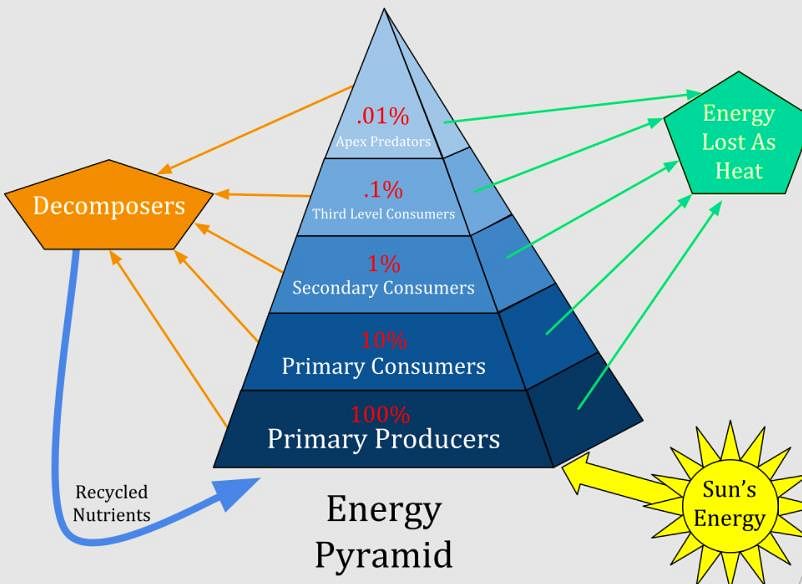Biology: Topic-wise Test- 8 - NEET MCQ
30 Questions MCQ Test NEET Mock Test Series 2025 - Biology: Topic-wise Test- 8
How many total biodiversity hotspots are present throughout the world?
| 1 Crore+ students have signed up on EduRev. Have you? Download the App |
How many hotspots of biodiversity in the world have been identified till date by Norman Myers?
What is an important reason for the conservation of natural resources?
Exponential growth pattern in a population results into:
When one population is harmed and the other remains unaffected, the relationship is called
Which one of the following is the most important service provided by ecosystems?
Which of the following ecological pyramid is always erect and upright?
Ecology is the study of the relationships between living organisms and:
Which principle states that the superior competitor eliminates the inferior one in competition?
A sedentary sea anemone gets attached to the shell lining of hermit crab. The association is
How many species of plants contribute to the traditional medicines used by native peoples around the world?
Which growth pattern occurs when resources become progressively limiting in a population?
Correct decreasing order for rate of primary productivity on land will be :
The interaction where one species benefits and the other is unaffected is called:
What is the protection and conservation of species in their natural habitat called?
Which of the following is not a factor that affects Hardy-Weinberg equilibrium?
According to abiogenesis life originates from ______.
The birth rate if 7 new plants are added to previous year plant population of 23 Salvinia plants will be:
|
1 videos|26 docs|111 tests
|
|
1 videos|26 docs|111 tests
|


















